Translation in English: Major bearish news! A-shares plunge consecutively, losin
On Monday, the bull market arrived; on Friday, is there still hope for A-shares? From the current perspective, the two scenarios we initially analyzed for the surge in bank stocks seem more like the first one, where "China's special estimation" spread from telecommunications operators to infrastructure, and finally to banks and securities, which can be considered the tail end of a catch-up rally. If there's any blame, it's on the market's frenzy, with rampant speculation that even banks could be pushed to the daily limit, overdrawing market sentiment and capital, which is now backfiring.
The pullback of the two main themes, AI and China's special valuation, would naturally suppress market sentiment, and the CPI and social financing data released yesterday for April only added insult to injury.
The April CPI and social financing data released yesterday both fell short of expectations, indicating that China's economic recovery momentum remains weak, with overall social demand being quite sluggish. Coupled with the April economic work conference's tone that there is a high probability of no strong stimulus policies in the future, the market has become paralyzed. With a poor economy and no policy expectations, the market's risk appetite has fallen, and the two main themes of AI and China's special valuation continue to adjust, leading to a gloomy market sentiment, with trading volume continuously shrinking. It may be necessary to wait for new expectations; otherwise, it will be difficult to break out of this situation.
Today's market signals can be summarized in four words - recession expectations. It's not just the stock market; commodities like copper and crude oil are also significantly weakening. Previously, the market had been hoping that China's economic recovery could drive the global economy, but now it seems that even driving domestic demand is challenging.
Let's first look at the yield on China's ten-year government bonds, which has now approached 2.7%, falling to the level before the pandemic policy adjustments last year. On one hand, there is the reason of the reduction in deposit interest rates, but more importantly, it's the market's pessimism about economic recovery.
Looking at commodities, last night's night session and today's Shanghai copper futures saw a sharp decline, and Brent crude oil futures have also been falling continuously. This also includes the factor of a potential economic recession in the United States, with this week's CPI and PPI data both falling short of expectations, intensifying recession expectations.
These expectations have already been reflected in the stock market. Recently, the consumer staples sectors such as liquor, beer, furniture, and building materials have significantly weakened, basically falling back to their pre-year levels. China Duty Free even fell nearly 40% from its high, and today A-shares in the cyclical sectors of non-ferrous metals, coal, and steel saw significant declines.
By the close, the Shanghai Composite Index fell by 1.12%, once again losing the 3,300-point mark, and the ChiNext Index fell by 1.06%. The total turnover in the two markets continued to shrink to 0.84 trillion, with net purchases of 1.326 billion by Northbound capital, and nearly 3,800 stocks across the market fell.
Looking at the industry breakdown, only the textile and apparel, public utilities, and home appliances sectors rose, while the media, non-ferrous metals, building decoration, building materials, and power equipment industries led the decline, with the two major themes of China's special valuation and AI clearly receding.In the past, during times of such lack of confidence, one could speculate on the possibility of increased stable growth policies, but the recent major meeting at the end of the month has already set the tone that there will be no aggregate policies, so now we are in an awkward situation of "weak economy and weak expectations." Those at high levels have broken through, and those at low levels have no expectations and are not worth looking at.
In fact, the current economy may not be as pessimistic as the market thinks. It is not surprising that the early stage of recovery is an unbalanced one, with uneven economic structures having hot and cold spots. However, the main force of the A-share market is relatively weak-willed; they "cry and make a fuss" at the first sign of difficulty, trying to pressure the management to issue more policies. In contrast, the stock markets in Europe and America, despite facing economic downturns and interest rate hikes, are much stronger than the A-share market.









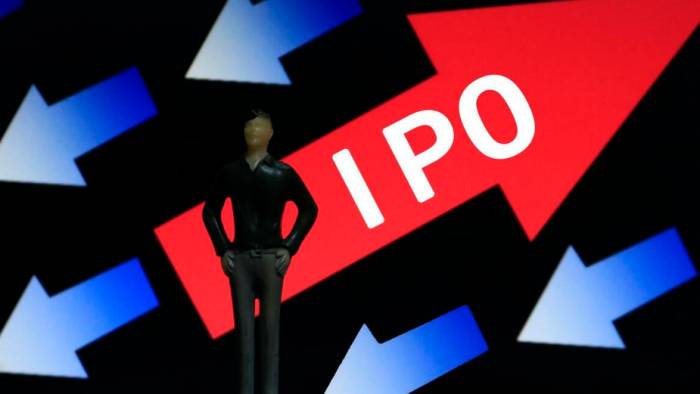



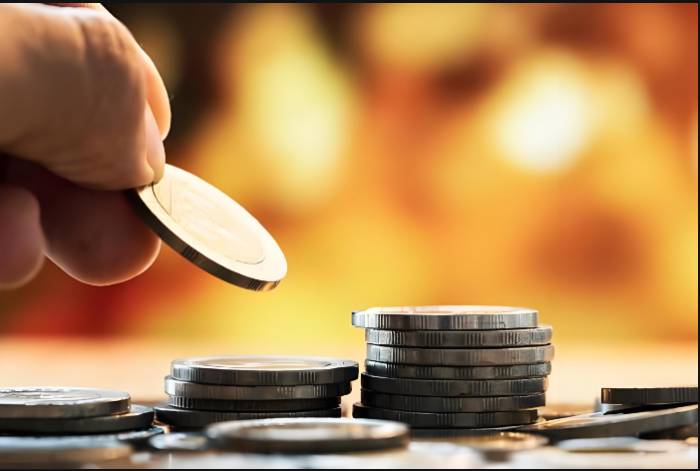






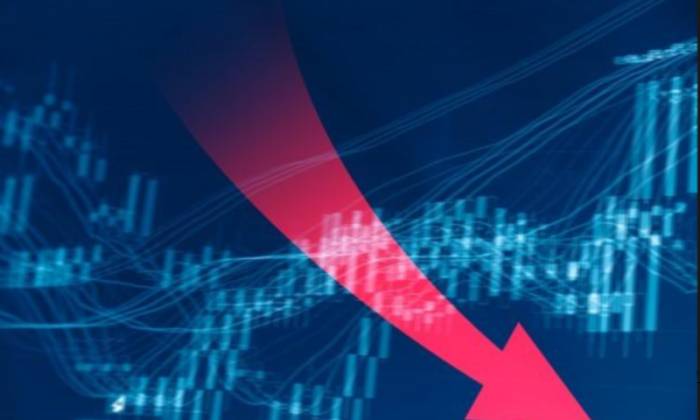

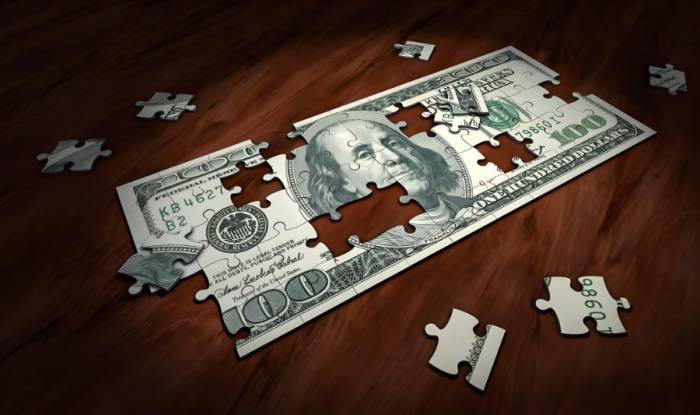



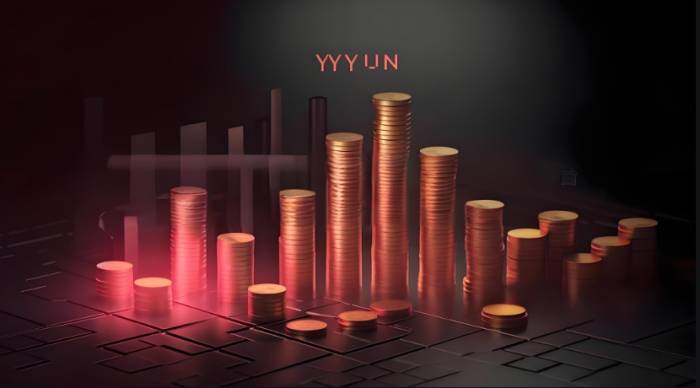



Comments